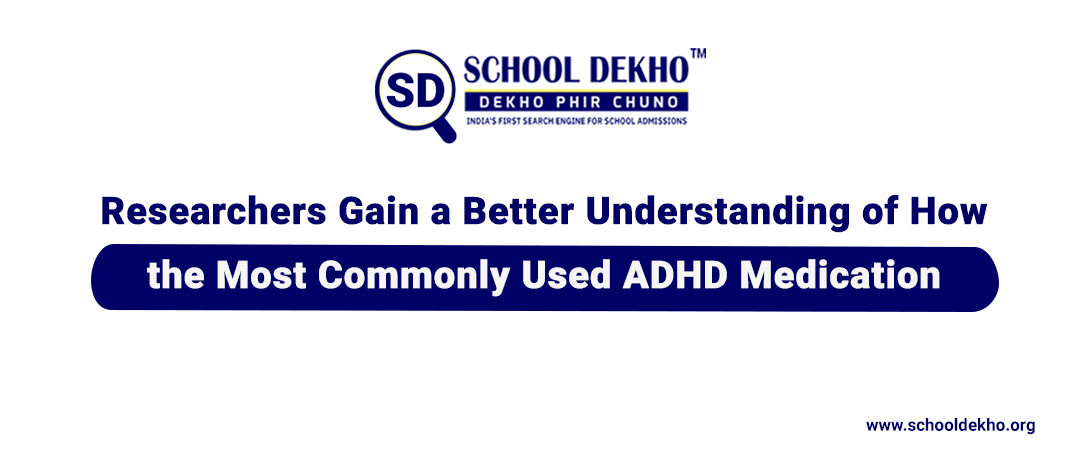Researchers Gain a Better Understanding of How the Most Commonly Used ADHD Medication Works

Attention deficit hyperactivity disorder (ADHD) is a neurodevelopmental disorder that affects millions of individuals, particularly children and adolescents. One of the most commonly prescribed treatments for ADHD is medication, and recent research has provided valuable insights into how these medications work, shedding light on their mechanism of action within the brain.
The primary goal of ADHD medication is to help individuals with the disorder improve their attention, focus, and impulse control. While several medications are available for ADHD treatment, one of the most commonly prescribed categories is stimulants, such as methylphenidate (commonly known as Ritalin) and amphetamine-based medications (like Adderall). These medications have been widely used for decades and have shown considerable effectiveness in managing ADHD symptoms.
To understand how these medications work, it's essential to delve into the brain's complex chemistry. In individuals with ADHD, certain neurotransmitters—chemical messengers that transmit signals between brain cells—are believed to play a crucial role in the disorder. Two key neurotransmitters involved in ADHD are dopamine and norepinephrine.
Stimulant medications primarily target these neurotransmitters. They work by increasing the availability of dopamine and norepinephrine in specific regions of the brain. These neurotransmitters are associated with various functions, including attention, motivation, and impulse control.
Dopamine, in particular, is often referred to as the "feel-good" neurotransmitter. It plays a central role in the brain's reward system, reinforcing behaviors related to pleasure and motivation. In individuals with ADHD, there is evidence of reduced dopamine activity in certain brain regions, leading to difficulties in sustaining attention and regulating impulses.
Stimulant medications help address this imbalance by increasing the release and availability of dopamine and norepinephrine. By doing so, they enhance the functioning of neural circuits responsible for attention and impulse control.
However, it's important to note that the precise mechanism of action of these medications is still a subject of ongoing research. While the dopamine and norepinephrine hypothesis provides valuable insights, the intricacies of how stimulants interact with the brain are continually being explored.
Despite the ongoing research, stimulant medications have proven to be highly effective in managing ADHD symptoms in many individuals. They can lead to significant improvements in attention, concentration, and self-regulation, allowing individuals with ADHD to function more effectively in their daily lives.
Nevertheless, ADHD treatment is not one-size-fits-all, and medication may not be the best approach for every individual with the disorder. Treatment plans are typically tailored to the specific needs and preferences of the individual. Behavioral interventions, counseling, and educational support are also essential components of ADHD management and can complement medication therapy.
Furthermore, while stimulant medications can be highly effective, they are not without potential side effects, which may include increased heart rate, elevated blood pressure, decreased appetite, and sleep disturbances. Close monitoring by healthcare professionals is essential to ensure that the benefits of medication outweigh any potential risks.
In conclusion, recent research has provided a deeper understanding of how the most commonly used ADHD medications, specifically stimulants, work within the brain. While the exact mechanisms are still being explored, these medications have proven to be valuable tools in managing ADHD symptoms by targeting neurotransmitters like dopamine and norepinephrine. It's important for individuals with ADHD and their healthcare providers to work together to develop personalized treatment plans that may include medication, behavioral interventions, and other forms of support, all aimed at improving the individual's quality of life.
Contact with Us
Call: 1800 - 2588 - 074
Mail: info@schooldekho.org
Student’s Best Education Portal | School Dekho | India's First School Search Engine | Best Schools Near Me | Find Schools Near Me | Dekho Phir Chuno
#dekhophirchuno






